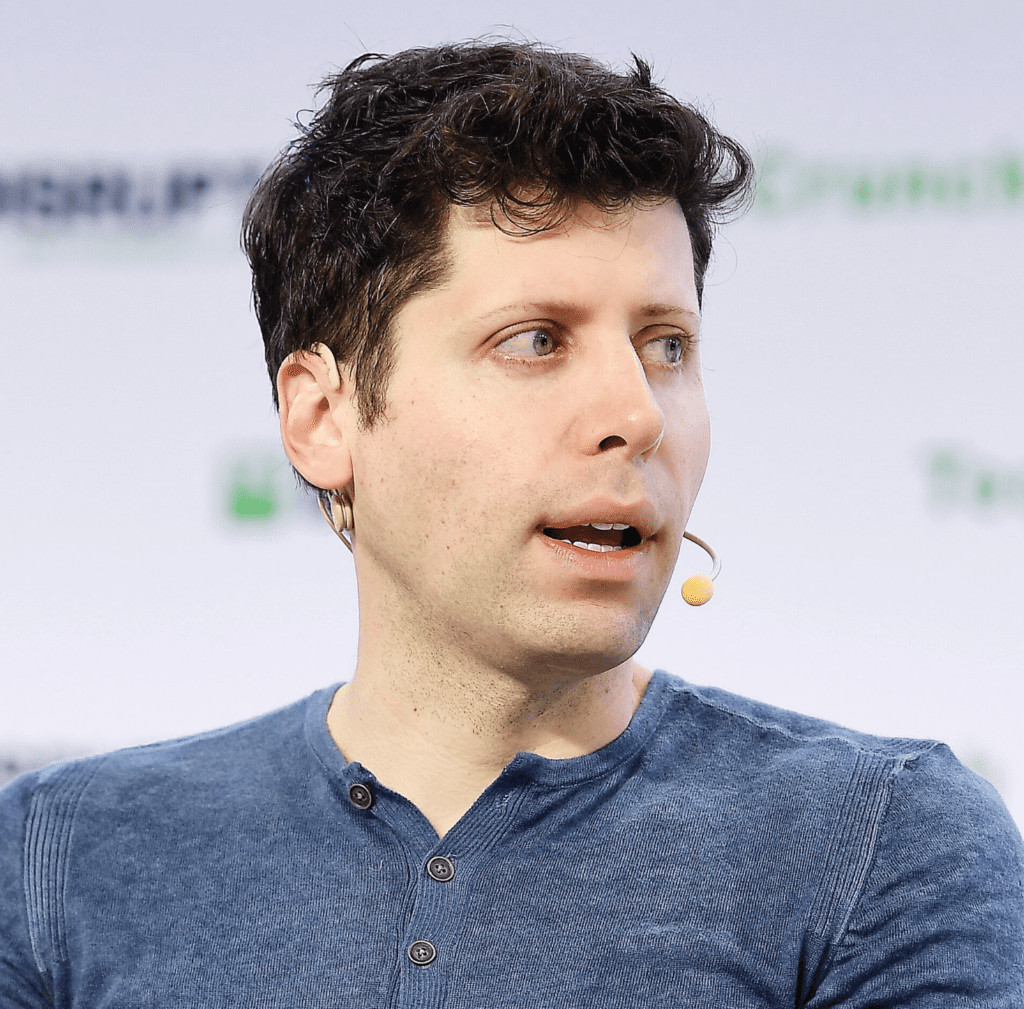Former board member Helen Toner breaks her silence with shocking new details about Sam Altman’s firing. Hear the exclusive, untold story on The TED AI Show.
- Distrust and Deception: Helen Toner reveals that the board lost trust in Sam Altman due to his lack of transparency, including undisclosed ownership of the OpenAI Startup Fund and giving inaccurate information about safety processes.
- Toxic Atmosphere: Toner describes a toxic work environment under Altman, citing accusations of psychological abuse and manipulative behavior from other executives.
- Return and Backlash: Despite the board’s decision to remove Altman, pressure from employees and investors, particularly Microsoft, led to his swift reinstatement as CEO.
On November 17th, 2023, OpenAI’s board of directors shocked the tech world by ousting co-founder and CEO Sam Altman. This abrupt decision came during a period of rapid growth for the company, particularly following the launch of ChatGPT, one of the most successful AI applications ever. Now, former board member Helen Toner has provided an in-depth look at the events leading to Altman’s dismissal in an exclusive interview on The TED AI Show podcast.

Distrust and Deception
Toner explains that the decision to fire Altman stemmed from a severe breakdown in trust. According to Toner, Altman failed to inform the board about his ownership of the OpenAI Startup Fund and repeatedly gave inaccurate information about the company’s safety processes. Additionally, Toner recounts her personal experiences of being targeted by Altman after publishing a research paper that displeased him. She accuses Altman of lying to other board members to push her off the board.
Toxic Atmosphere
The board’s decision was further influenced by testimony from two executives who described a toxic atmosphere at OpenAI. These executives accused Altman of psychological abuse and presented evidence of his manipulative behavior. Toner cites the chaotic launch of ChatGPT in November 2022 as an example of the board’s lack of oversight. The board was not informed about the launch in advance and learned about it through social media, underscoring the disconnect between Altman and the board.
Return and Backlash
Despite the board’s decision, the aftermath saw significant turmoil. OpenAI quickly went through several interim CEOs, and there was a strong push from employees and investors, particularly Microsoft, to reinstate Altman. Toner provides three reasons for this pressure. First, employees were given a binary choice: support Altman or face the potential collapse of the company. Second, many employees feared retaliation from Altman, having witnessed his previous actions against dissenters. Finally, Toner points to Altman’s problematic track record, including being fired from his previous roles at Y Combinator and Loopt for deceptive behavior.
In response to Toner’s revelations, current OpenAI board chair Bret Taylor issued a statement expressing disappointment that Toner continues to revisit these issues. Taylor emphasized that an independent review concluded the prior board’s decision was not related to concerns over product safety, the pace of development, or OpenAI’s finances. He highlighted that over 95 percent of employees, including senior leadership, supported Altman’s reinstatement.
Toner’s account raises significant questions about leadership and transparency at OpenAI. As the company moves forward under Altman’s leadership, these revelations underscore the importance of addressing internal conflicts and ensuring that all stakeholders are aligned with the company’s mission.
The full interview with Helen Toner on The TED AI Show offers a rare glimpse into the inner workings of one of the world’s leading AI companies and provides critical insights into the challenges of managing rapid technological advancements and the complexities of corporate governance.
